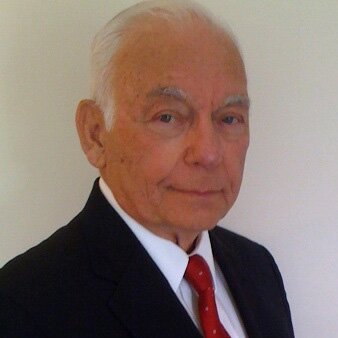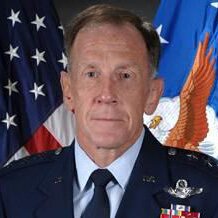Washington Monthly
Steve Benen
September 10, 2010
TIME IS OF THE ESSENCE WITH NEW START…. The Obama administration’s new arms-control treaty with Russia has to be ratified. Of course, it takes 67 votes to approve a treaty in the Senate, which means finding eight Republicans mature enough to do the right thing.
To be sure, the treaty enjoys enthusiastic bipartisan support — mostly, with the exception of Sen. Dick Lugar, from Republican elder statesmen who are no longer in government. Officials like Brent Scowcroft, Colin Powell, Reagan Chief of Staff Howard Baker, former Sen. John Danforth (R-Mo.) have all urged the Senate to ratify New START.
Former Senate Majority Leader Tom Daschle (D) recently noted that if Senate Republicans block ratification of the treaty, “American credibility on nuclear issues would evaporate,” and every country that’s signed the Non-Proliferation Treaty would ask itself, “If the U.S. is unwilling to live up to its commitments, why should we live up to ours?”
In recent months, other than Lugar, Senate Republicans have been a little cagey — they haven’t announced their opposition, but they haven’t said they’d support ratification, either. Next week, then, will be a key test when the Senate Foreign Relations Committee votes on sending the treaty to the floor.
In preparation for that vote, the Washington Post has an op-ed today, co-written by Reagan Secretary of State George Shultz, Clinton Secretary of State Madeleine Albright, former Republican Sen. Chuck Hagel, and former Democratic Sen. Gary Hart.
The Senate should promptly vote to approve the New Strategic Arms Reductions Treaty (New START) with Russia for one reason: It increases U.S. national security. This is precisely why Defense Secretary Robert Gates declared at the outset of Senate consideration of the treaty that it has “the unanimous support of America’s military leadership.”
The treaty reduces and caps the Russian nuclear arsenal. It reestablishes and makes stronger the verification procedures that allow U.S. inspectors to conduct on-site inspections and surveillance of Russian nuclear weapons and facilities. It strengthens international efforts to prevent nuclear terrorism, and it opens the door to progress on further critical nonproliferation efforts, such as reducing Russian tactical nuclear weapons.
It’s hard to overstate what a no-brainer this should be. We’re talking about a treaty endorsed by six former secretaries of state and five former secretaries of defense from both parties; the chairman of the Joint Chiefs of Staff; seven former Strategic Command chiefs; national security advisers from both parties, and nearly all former commanders of U.S. nuclear forces.
French Ambassador Pierre Vimont recently said that after he and other diplomats reported back to Europe about the possibility of congressional opposition to the treaty, “People ask us, ‘Have you been drinking?’”
The world just doesn’t appreciate just how crazy congressional Republicans have become.
The legislative calendar is another aspect to keep an eye on. There just isn’t much time left before this Congress adjourns, and there may be a push to delay a vote until next year. That would be a dangerous mistake — the number of Republican votes needed for ratification may double by January, after expected GOP gains in the midterm elections. Given that many of the Republicans likely to win are borderline unbalanced, assembling 67 votes would likely be impossible.
The vote, in other words, has to happen fairly quickly, or the international consequences may be severe.




































